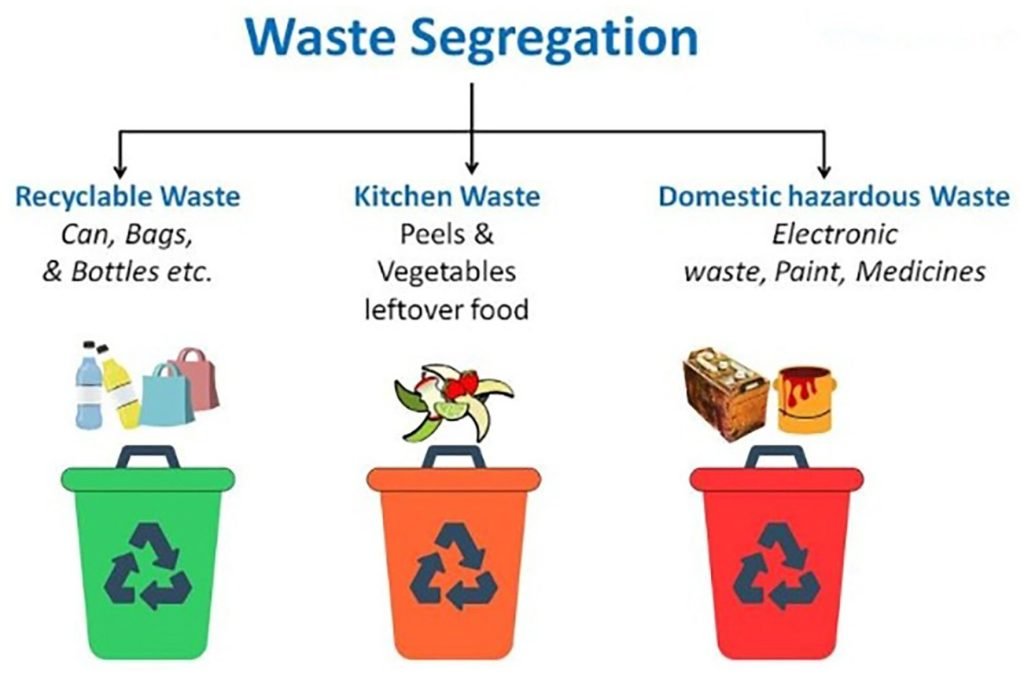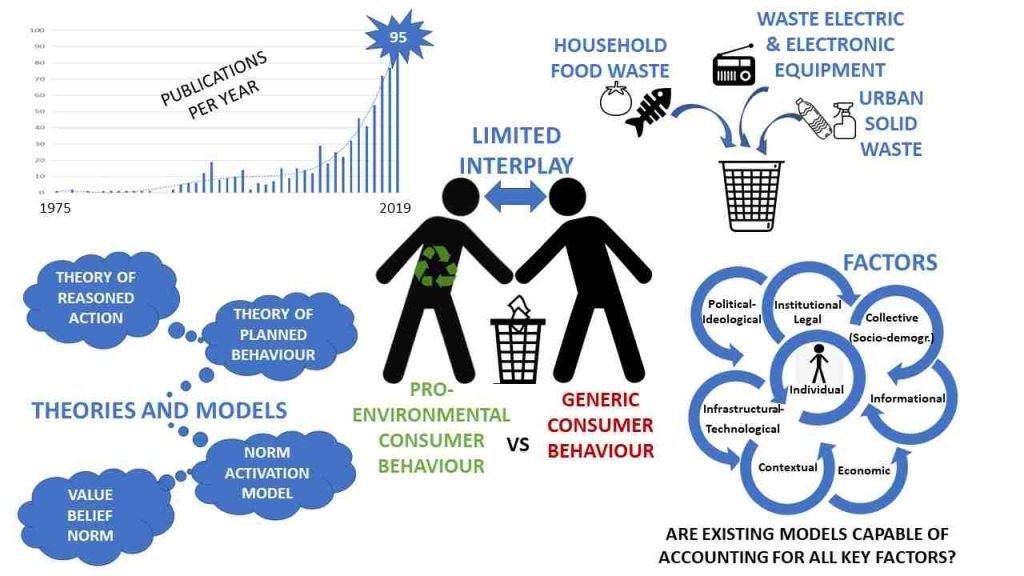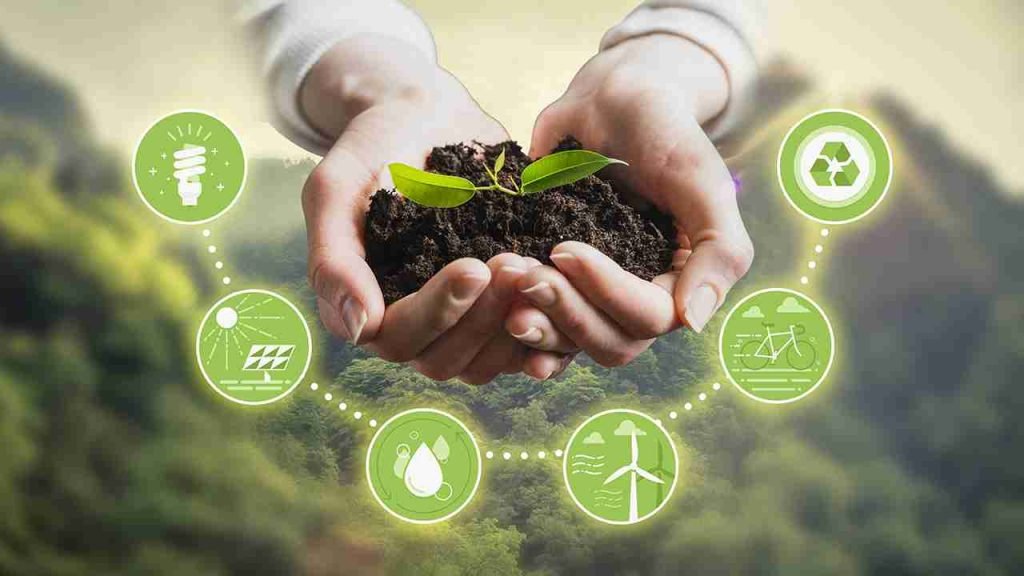In this exploration, we’ll delve into the psychology of waste sorting, uncovering insights that can reshape our approach to garbage disposal, foster sustainable habits, and contribute to a healthier planet. So, buckle up for a journey into the fascinating world where the choices we make around waste reverberate beyond the bin with the help of The Pro Plumbing. As we navigate the labyrinth of disposal habits, it’s not merely about separating items into bins; it’s a psychological dance between convenience and consciousness. Welcome to the intriguing realm of waste sorting—a daily ritual with profound implications for our environment and well-being.

Understanding the intricacies of why we dispose of waste the way we do unveils layers of human behavior, societal norms, and the impact of environmental awareness. It’s a deep dive into the subconscious decisions we make daily, influenced by cultural perceptions and a growing urgency to embrace sustainable practices for a greener future. Exploring garbage disposal services becomes not just a matter of routine waste management but a crucial aspect of aligning our actions with the broader narrative of environmental responsibility and preservation.
The Psychology Behind Waste Sorting
Navigating local regulations and guidelines for waste management adds a layer of complexity to the intricate landscape of waste sorting. Understanding the psychological factors influencing waste decisions is pivotal in aligning individual behaviors with these regulations. From motivating recycling compliance to addressing convenience concerns, the interplay between human psychology and local guidelines shapes effective waste management strategies. Analyzing emotional responses, ingrained habits, and cognitive biases becomes instrumental in crafting solutions that not only comply with regulations but also resonate with individuals.
Cultural Influences on Garbage Disposal Habits
Cultural backgrounds wield a profound influence on how societies perceive and engage in garbage disposal. Exploring cultural influences reveals why some communities seamlessly adopt recycling practices, while others grapple with the integration of sustainable habits. Recognizing how cultural narratives and traditions intersect with waste management choices enhances our understanding of the intricate factors shaping global sustainability efforts. As we navigate the multifaceted realm of waste disposal, acknowledging the impact of cultural diversity becomes essential for crafting comprehensive and inclusive approaches to ensure the public health benefits of proper waste management.
Human Behavior and Daily Waste Decisions
The essence of waste management lies in understanding human behavior. Examining the daily choices individuals make in their disposal routines unveils patterns that significantly contribute to the broader environmental impact. Delving into the role of habits, decision-making processes, and social influences in shaping behavior towards sustainable waste practices expands our perspective on the pivotal role individuals play in environmental conservation. As we comprehend the intricacies of human behavior in waste management, it becomes evident that the effectiveness of garbage disposal services is intricately linked to livability

Societal Norms Shaping Recycling Practices
Societal norms play a pivotal role in shaping recycling practices. Understanding how these norms evolve and influence collective behavior provides a roadmap for fostering sustainable waste management on a broader scale. Examining the influence of social expectations, peer pressure, and community standards on recycling behaviors highlights the interconnectedness of individual actions and societal progress in waste reduction.
Environmental Awareness Impact on Waste Management
The level of environmental awareness directly influences how communities manage their waste. Exploring this impact sheds light on the effectiveness of educational initiatives and the role of consciousness in shaping greener habits. Investigating the sources of environmental awareness, the effectiveness of outreach programs, and the correlation between knowledge and behavior contributes to designing targeted strategies for enhancing public understanding and participation in sustainable waste management.
Subconscious Factors in Garbage Disposal
Unveiling the subconscious factors that influence our garbage disposal decisions offers a deeper understanding of the automatic processes that guide our actions. Examining these hidden influencers is essential for promoting mindful waste management. Investigating the role of subconscious cues, environmental cues, and behavioral triggers in waste disposal habits provides valuable insights for designing interventions that nudge individuals toward more sustainable practices.
The Role of Education in Sustainable Habits
Education is a powerful tool in shaping sustainable habits. Investigating the effectiveness of educational programs provides valuable insights into promoting awareness and fostering responsible waste disposal practices. Examining the impact of educational content, methods of delivery, and long-term retention of knowledge helps refine educational initiatives, ensuring they resonate with diverse audiences and inspire lasting changes in waste management behaviors.
Challenges in Adopting Eco-Friendly Practices
Despite growing environmental awareness, there are challenges in widespread adoption of eco-friendly practices. Identifying and addressing these challenges is crucial for overcoming barriers to sustainable waste management. Scrutinizing the economic, logistical, and psychological challenges individuals and communities face in embracing eco-friendly practices guides the development of targeted solutions, making sustainability more accessible and appealing.

Innovations in Garbage Disposal Services
Technological advancements have introduced innovative solutions to garbage disposal. Exploring these innovations, from smart waste bins to recycling technologies, showcases the evolving landscape of sustainable waste management. Examining the role of technology in streamlining waste disposal processes, enhancing recycling efficiency, and promoting smart waste solutions provides a glimpse into the future of eco-friendly waste management.
Community Engagement for Greener Initiatives
The success of sustainable waste programs often hinges on community engagement. Examining the ways communities come together to support greener initiatives highlights the social aspect of environmental responsibility. Investigating community-driven initiatives, collaboration models, and the impact of social cohesion on the effectiveness of green projects emphasizes the collective power of communities in fostering positive environmental change.
Measuring the Success of Sustainable Waste Programs
Assessing the success of sustainable waste programs involves evaluating their impact on waste reduction, recycling rates, and overall environmental health. Understanding the metrics of success informs future initiatives and contributes to a more sustainable future. Examining comprehensive indicators such as waste diversion rates, community participation levels, and the long-term ecological impact of sustainable waste programs provides a holistic perspective on the effectiveness of environmental initiatives and informs strategic planning for continued progress.
Conclusion
In conclusion, the exploration of the psychology behind waste sorting and sustainable practices unveils a rich tapestry of influences shaping our environmental decisions. From the intricacies of individual behaviors to the profound impact of cultural norms and community engagement, this journey illuminates the multifaceted nature of waste management. The fusion of conscious efforts, technological innovations, and educational initiatives emerges as the linchpin for a greener future. As we navigate the landscape of environmental consciousness, understanding, and addressing challenges becomes paramount. The success of sustainable waste programs relies not only on technological advancements but, crucially, on fostering a collective commitment to responsible practices. By measuring success through holistic metrics, we pave the way for a harmonious coexistence with our planet—one where waste becomes an opportunity for positive change rather than a burden on our environment.
FAQs
FAQ: Why does understanding the psychology of waste sorting matter?
Answer: Understanding psychology informs strategies to motivate individuals, communities, and societies toward sustainable waste practices, contributing to global environmental goals.
FAQ: How do cultural influences impact garbage disposal habits?
Answer: Cultural norms shape attitudes towards waste, influencing disposal methods and providing insights into effective strategies for cultural-specific sustainable practices.
FAQ: What role does education play in fostering sustainable waste habits?
Answer: Education is a catalyst, empowering individuals with knowledge to make informed choices, shaping behaviors, and fostering a culture of environmental responsibility.
FAQ: How can communities enhance engagement for greener initiatives?
Answer: Communities foster engagement through shared values, collaborative projects, and social cohesion, creating a collective force for implementing and sustaining green initiatives.
FAQ: How do innovations in garbage disposal contribute to sustainability?
Answer: Technological innovations streamline waste management processes, improve recycling efficiency, and offer smart solutions, contributing to more effective and sustainable waste disposal practices.

